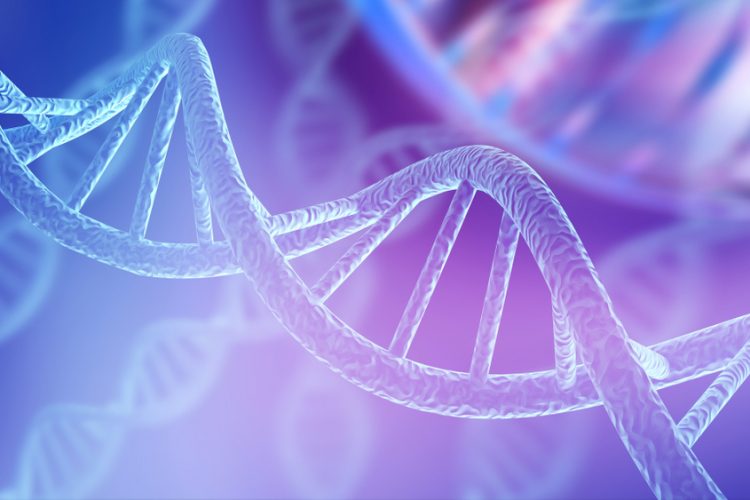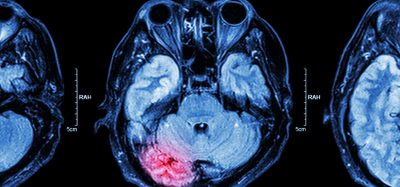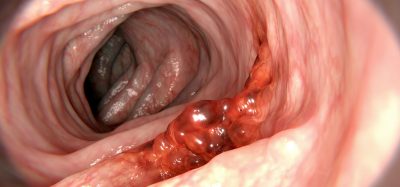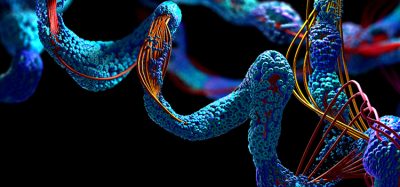Researchers achieve DNA methylation removal in mouse models
Posted: 9 November 2021 | Anna Begley (Drug Target Review) | No comments yet
The study used CRISPR to show that DNA “de-methylation” activity can be targeted to anywhere in the DNA and may be a new therapeutic strategy.

A team at McGill University, Canada, have described a new technique that scientists could potentially use to explore novel ways of treating diseases associated with dysregulation in DNA methylation.
NEWS: Gene therapy shows promise for Angelman syndrome treatment – READ HERE
One of the ways by which a cell turns off specific genes is by the reversible addition to the DNA of a methyl group at the precise location of that specific gene. Previous research has shown that genes with more of this “DNA methylation” tend to be “turned off” and that genes with less of this methylation tend to be “turned on”. However, until now it has not been possible to manipulate the levels of DNA methylation at specific genes and there remain many questions about what specific instances of DNA methylation do, how they contribute to normal cellular function, and how their dysregulation contributes to disease.
In a recent study, published in Nature Communications, McGill University researchers demonstrated how they have managed to remove specific instances of DNA methylation at specific genes in mouse and human cells grown in culture by using CRISPR-Cas9 genome editing technology.
They show that this DNA “de-methylation” activity can be targeted to anywhere in the DNA without editing the genetic code and with no off-target activity at undesired locations in the DNA. The researchers also describe the approaches needed to produce complete removal of DNA methyl marks in the hopes that scientists around the world can use this new technique to start to discover actionable instances where genes that should be on have been turned off by DNA methylation – for example, the insulin gene in diabetes – and use this technique to establish new paradigms for disease treatment.
ARTICLE: CRISPR-Cas9-based gene dropout screens: a powerful platform for drug discovery
LEARN MORE HERE
Related topics
CRISPR, DNA, Gene Therapy, Genetic Analysis, Genomics, Targets, Therapeutics
Related organisations
McGill University







